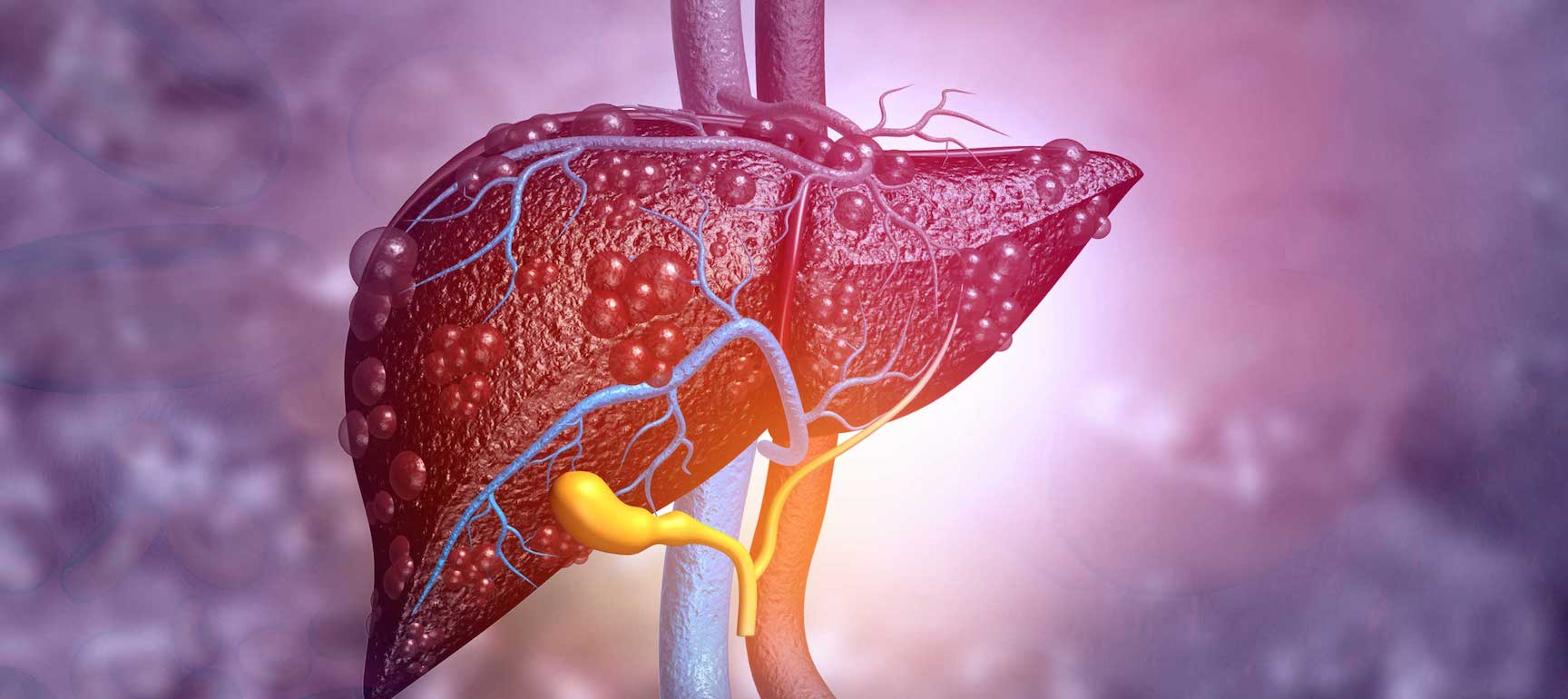Four in ten people over 40 in Gujarat now have fatty liver disease – a dramatic rise driven largely by changing eating habits, especially the surge in junk and processed food consumption. This dietary shift, marked by more fast food, sugary drinks, and packaged snacks, is silently damaging livers across the state and India, often without any warning signs.
What is Fatty Liver?
Fatty liver, or hepatic steatosis, is a condition where excess fat builds up in liver cells. While once mainly linked to heavy alcohol use, today’s epidemic is fuelled by diets rich in unhealthy fats, refined sugars, and highly processed foods. These foods overwhelm the liver’s ability to process nutrients, leading to the accumulation of fat. This condition is known as non-alcoholic fatty liver disease (NAFLD).
NAFLD is especially concerning because it often develops without symptoms. Over time, fatty liver can progress to inflammation (steatohepatitis), scarring (fibrosis), cirrhosis, and even liver cancer. Alarmingly, many people with NAFLD have normal liver enzyme levels, making routine screening and awareness even more important.
The recently published ‘Health of the Nation 2025’ report by Apollo Hospitals highlights the scale of the problem. Screening data from 2.5 lakh patients across India found that 65 per cent of individuals who signed up for preventive health check-ups, most with no previous liver disease, were found to have fatty liver. Of these, 52 per cent had normal enzyme levels, confirming NAFLD. This is a significant jump from the 38 per cent prevalence found in an All India Institute of Medical Sciences (AIIMS) study in 2023.
Dr Chirag Desai, programme director for GI, hepatobiliary, and liver transplant surgery at Apollo Hospital Ahmedabad, confirms that Gujarat mirrors these national trends. “On average, we find the prevalence of fatty liver in about 40 per cent of the general population in mid-ages (40 to 60 years). It becomes a contentious issue when accepting liver from a donor – we have to reject several prospective donors from close relatives due to the prevalence of fatty liver,” he explains.
World Liver Day 2025: Food is Medicine
This year’s World Liver Day, observed on 19 April, carries the theme ‘Food is Medicine’ – a message that could not be more timely. Experts agree that the explosion of fatty liver cases is closely tied to the rise in ultra-processed and junk food intake. Scientific studies show that these foods, high in saturated fats, sugars, and additives, not only promote fat buildup in the liver but also increase the risk of obesity, diabetes, and heart disease.
Dr Pranjal Modi, director of IKDRC, has stressed the importance of diet in both prevention and treatment of fatty liver. She said, “Among the potential donors for the liver, we find prevalence close to 50% – but not all get rejected. If the prevalence of fat is more than 10% of the total mass of the liver, we do not go ahead with the transplant as chances of complications increase. Such conditions get aggravated when one already has hypertension, obesity, and diabetes.”
Dr Bhavin Vasavada, liver transplant surgeon at Shalby Hospitals, has noted that about 10% of transplant cases see relatives ruled out as donors due to fatty liver. In borderline cases, potential donors are asked to lose weight and improve their diet before being reconsidered.
The good news? Fatty liver disease is largely preventable—and even reversible in its early stages. The key is to:
-
Prioritise fresh, unprocessed foods like vegetables, fruits, and whole grains
-
Limit sugary drinks, fried foods, and red meat
-
Stay active and maintain a healthy weight
-
Get regular health checks, especially if you have diabetes, obesity, or high blood pressure


